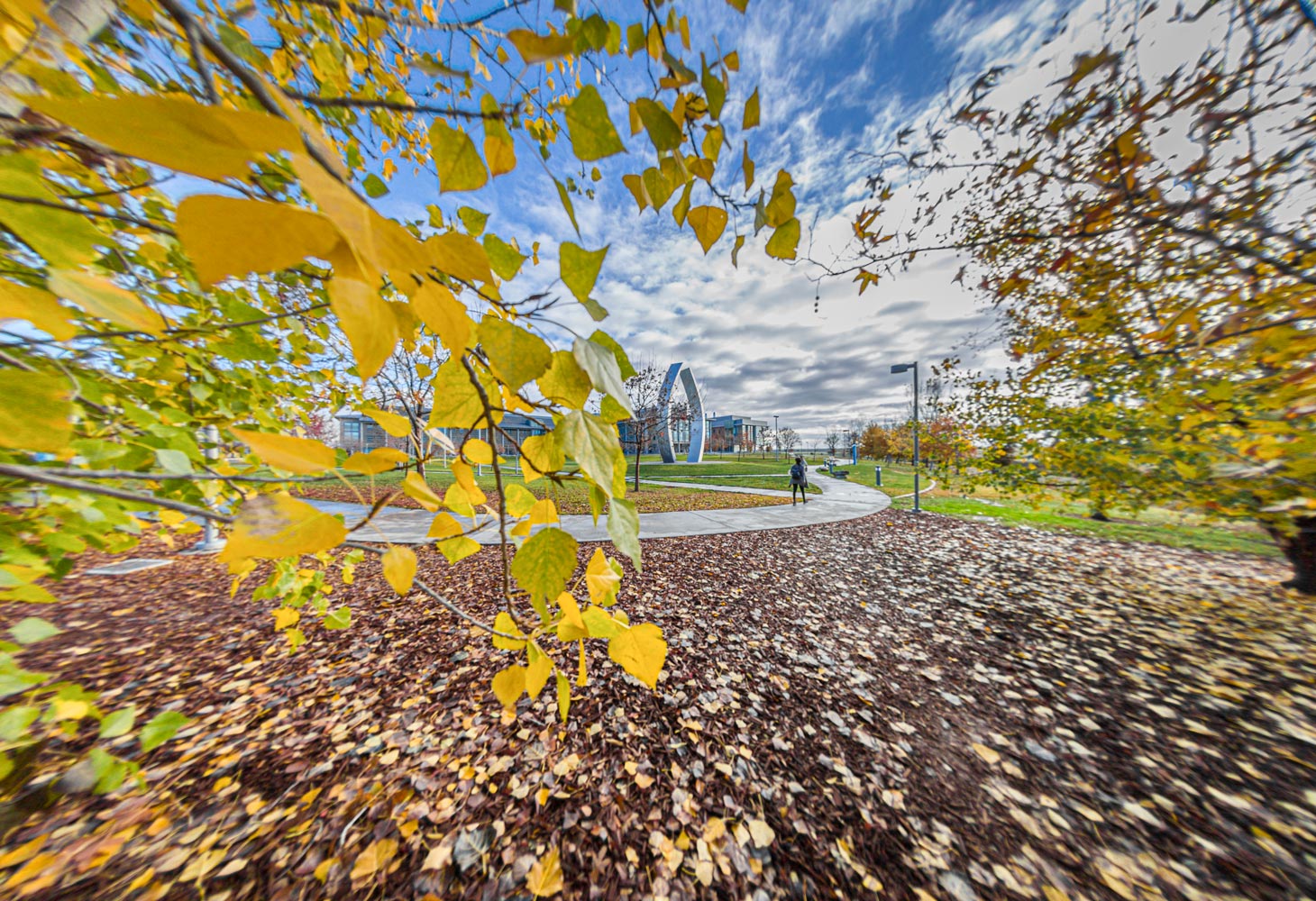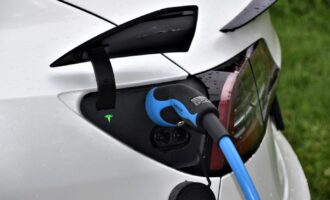
The trouble with tribology
It’s hard to predict the future of tribology. Tribology is often not considered to be a leading technology, rather an enabling one. Nor is it at the forefront of thoughts around government policy. Though, the science of wear, friction, and lubrication is and will remain a critical part of our everyday lives. Tribologists will always have a job, says Ashlie Martini, professor of mechanical engineering at the University of California (UC) Merced in the United States. There is always going to be relative motion and a need for tools with moving parts to facilitate our lives.
Martini established the tribology program at UC Merced in 2011, not long after the campus itself was established in 2005 in the Central Valley of California. UC Merced has three schools, including the School of Engineering, offering 23 undergraduate majors and 25 minors.
A native of San Diego, California, Martini obtained both her undergraduate and doctorate degrees from Northwestern University in Evanston, Illinois. The tribology program at Northwestern University is synonymous with Professor Herbert S. Cheng (emeritus). Cheng was nominated to the U.S. National Academy of Engineering in 1987 for, among other accomplishments, his leadership in developing collaborative university and industrial research in tribology.
Martini joined Vicky Villena-Denton, CEO and editor-in-chief of F&L Asia Ltd., on the latest episode of F+L Webcast to discuss the future of tribology and how this age-old pursuit can compete with “sexy science”. While the science and engineering of interacting surfaces can be traced back to ancient Egyptian times, tribology as a term is not that old. The name was coined in 1966 by British mechanical engineer, Professor Peter Jost, in a report which highlighted the cost of friction, wear, and corrosion to the UK economy.
Over the past half-century, the global oil market has cycled through highs and lows. With continuing downward pressure on lubricant demand in more advanced economies, it may appear to the unacquainted that the future of this invisible science is in peril. The truth is, we could be approaching a golden age of tribology. Classical tribology covers applications such as ball bearings and gear drives in the context of mechanical engineering. Now, tribology spans new fields and applications throughout society such as micro and nanotechnology, biology, and medicine.
There are a lot of exciting topics becoming possible, says Martini. The UC Merced professor expressed excitement about the development of electric vehicles and how tribology will evolve with it. The future of automobiles is going to challenge some of the paradigms of tribology, she says. Martini also observed the acceleration of so-called green or environmentally friendly lubricants, driven by environmentally focused policy change. Government regulations are restricting the materials that can be used in lubricants — posing new challenges and opportunities for tribologists.
Martini joined UC Merced 10 years ago. At the time, there was no tribology program at the public land-grant research university, providing the freedom to develop programs with a personal interest. Martini’s broad research experience now spans lubricants, additives, surface properties and materials — from nanoscale all the way to a macro level. Considering herself a “jack of all trades,” Martini credits a varied research base to maintaining a high level of interest in tribology throughout her career.
Like many others, Martini stumbled into her chosen field of tribology. However, the university professor has achieved great success with a myriad of awards, including recently being honoured as a Fellow by the Society of Tribologists and Lubrication Engineers (STLE). Martini has also published more than 170 articles in peer-reviewed journals.
It is well accepted that one of the most impactful ways tribology can contribute is through energy efficiency and the corresponding impact on the sustainability of our planet, says Martini. Given the choice, Martini would place greater emphasis on the development of technologies that improve energy efficiency in one of the dominant sectors like transportation — where even small improvements can have a noteworthy global impact.

Increasingly, the younger generation view themselves as citizens of the world and are deeply committed to the environment, says Martini. Yet, it is interesting how little people focus on tribology. As tribologists, it is our responsibility to get our message out to the public and policymakers, says Martini. We understand how important the work we do is and the potential to have a sizable impact; but tribology is suffering from a perception problem, she says.
Tribologists play a vital role in attracting and educating the next generation. A passionate educator, Martini highlighted the importance of creating compelling messages and tailoring approaches to different audiences. “We are competing with sexy science” such as artificial intelligence, and need to communicate how fun, exciting, and rewarding tribology can be, says Martini. We need to focus on how incredibly interdisciplinary tribology is — in a way not that many other fields are — while at the same time demonstrating how tribology matters.
Martini highlighted superlubricity as an emerging field with a massive potential impact. Superlubricity refers to ultra-low friction, typically with a friction coefficient less than 0.01. In layman’s terms, this means a friction force that is less than 100th of the normal force. For some time, it has been possible to achieve extremely low friction on small scales with flat surfaces in controlled environments. Recent advancements have made it possible to achieve superlubricity at macroscopic scales, making it practical for larger-scale applications. This is a big deal, says Martini.
The relationship with China is the most complex bilateral relationship for the United States and strategic competition between the two countries has often dominated U.S. foreign policy debates. The potential for superlubricity to impact on friction is tremendous, enabling the design of much more efficient mechanical systems. With the importance of this new field of tribology, could superlubricity become a “space race” where the secrets are closely guarded and fiercely defended between the two nations? Politics are not a driving force in the development of the field of tribology, says Martini. Tribologists are excellent collaborators and are excited to share the results of their research across international borders to advance the field of tribology, she says.
You can listen to the entire conversation with multi-awarded tribologist Ashlie Martini at https://www.fuelsandlubes.com/ podcasts/








